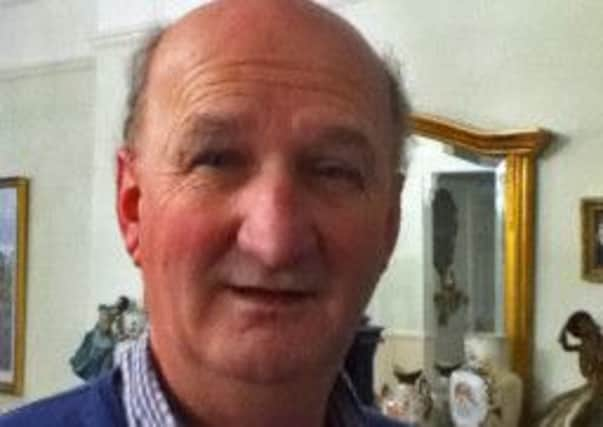Comment: Why farmers can win at politics


I decided to try and get elected to the local parish council. Looking back, it was perhaps a moment of madness but it was a decision that I certainly never regret.
Going to my first meeting I had episodes of the Vicar of Dibley etched in my mind and the issues we discussed - from grass cutting, litter bins and burying the dead to potholes, street lighting, planning applications and yes, dog poo - seemed well out of my comfort zone. But I persevered, convinced there was a growing gap between the farming community and local residents; a gap I could help bridge.
Advertisement
Hide AdAdvertisement
Hide AdIt wasn’t long before the issue of countryside access came up and this was something I felt qualified to talk about. Villagers felt excluded and farmers worried about the impact of lots of people walking across their fields among their animals.
It wasn’t long before the idea of a heritage project took hold. Something to celebrate the history and beauty of the area. We began applying for funding and designing maps and a matching interpretation board. We formed a history society and archive and began promoting self-guided trails.
There’s no doubt the project was of benefit to the village, generating interest in the parish and its ancient paths, and increasing local prestige. We’re proud of what we’ve achieved but the project wasn’t without its critics - some of these were my farming neighbours.
I understand why some farmers are reticent about public access. We all know of instances where litter has had to be cleared up, animals have been let out, gates not closed and so on, but like me, many have also discovered that working with the local community can really pay off.
Advertisement
Hide AdAdvertisement
Hide AdThe one thing all farmers have is local knowledge – and an encyclopaedic knowledge of their farm. Few realise what a fountain of wisdom they are and how much this would be valued by the local community.
A good start for anyone is to actually walk the local footpath network and see what issues there are. Then think about getting involved in the decision making process, just as I have done, to explain things from a farmer’s perspective.
I’ve come to see that good signage can be the key to harmonious relationships. Waymarks are essential to give walkers confidence and keep them where they should be. I’d urge all farmers to recognise their value and either report or repair broken signs and reinstate paths that have to be ploughed or sown with crops. This really can make all the difference.
We need more farmers on Parish Councils and Joint Local Access Forums. There’s over 80 of these across the country with a statutory authority to provide advice on public access, rights of way and open air recreation. In turn, local authorities and the like are required to take heed of the advice given.
Advertisement
Hide AdAdvertisement
Hide AdBy working together we can ensure our rural heritage is enjoyed by all, without impacting adversely on local farm businesses. We will also help bring the farming and resident communities closer together; that, can only be good news.
Gordon Hawcroft farms at Holme on Spalding Moor and is a member of the NFU.